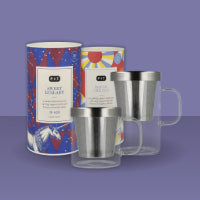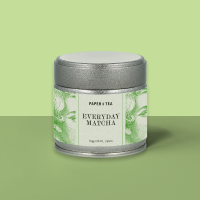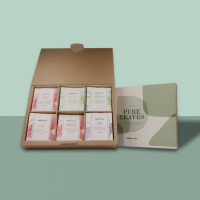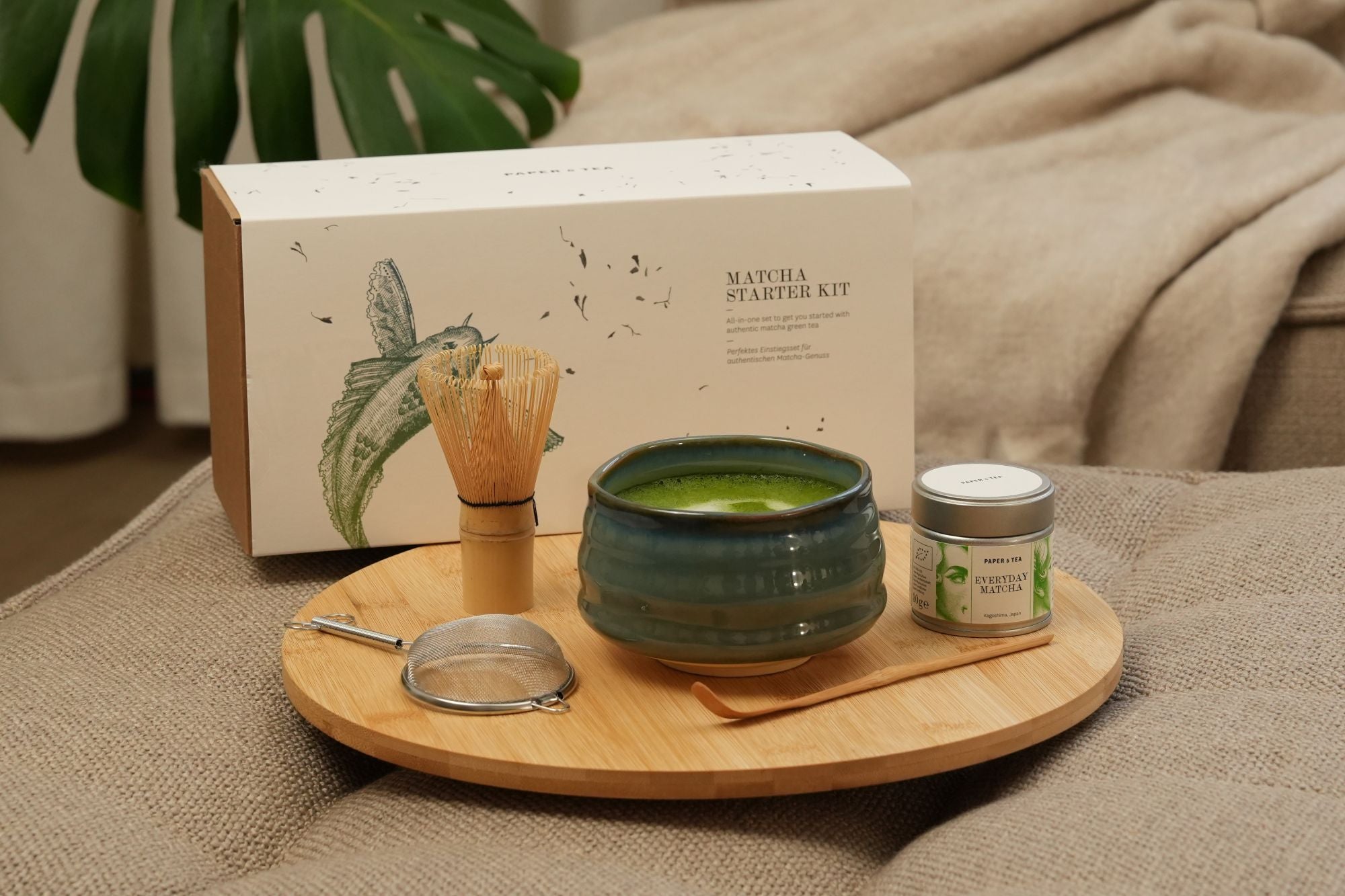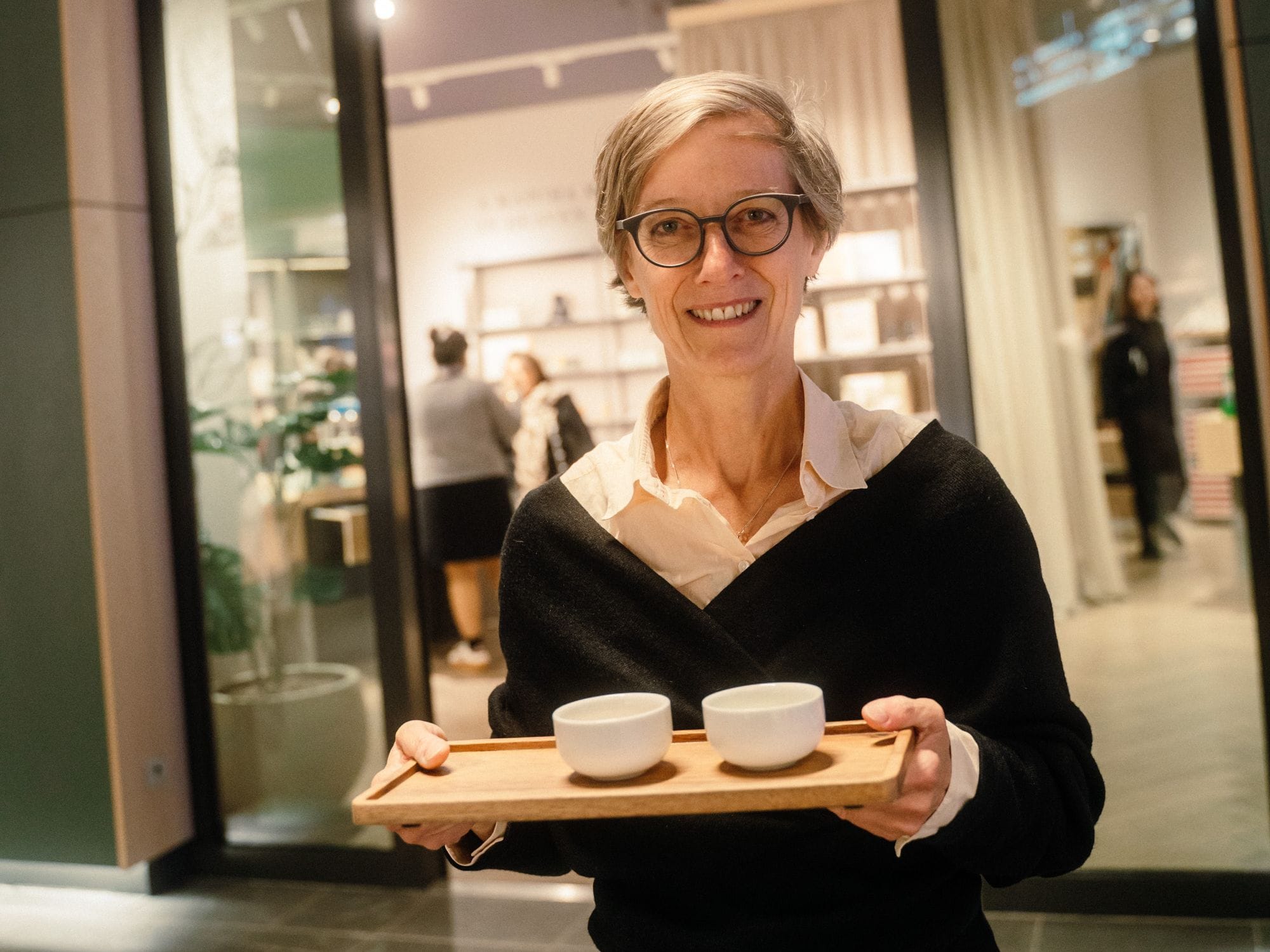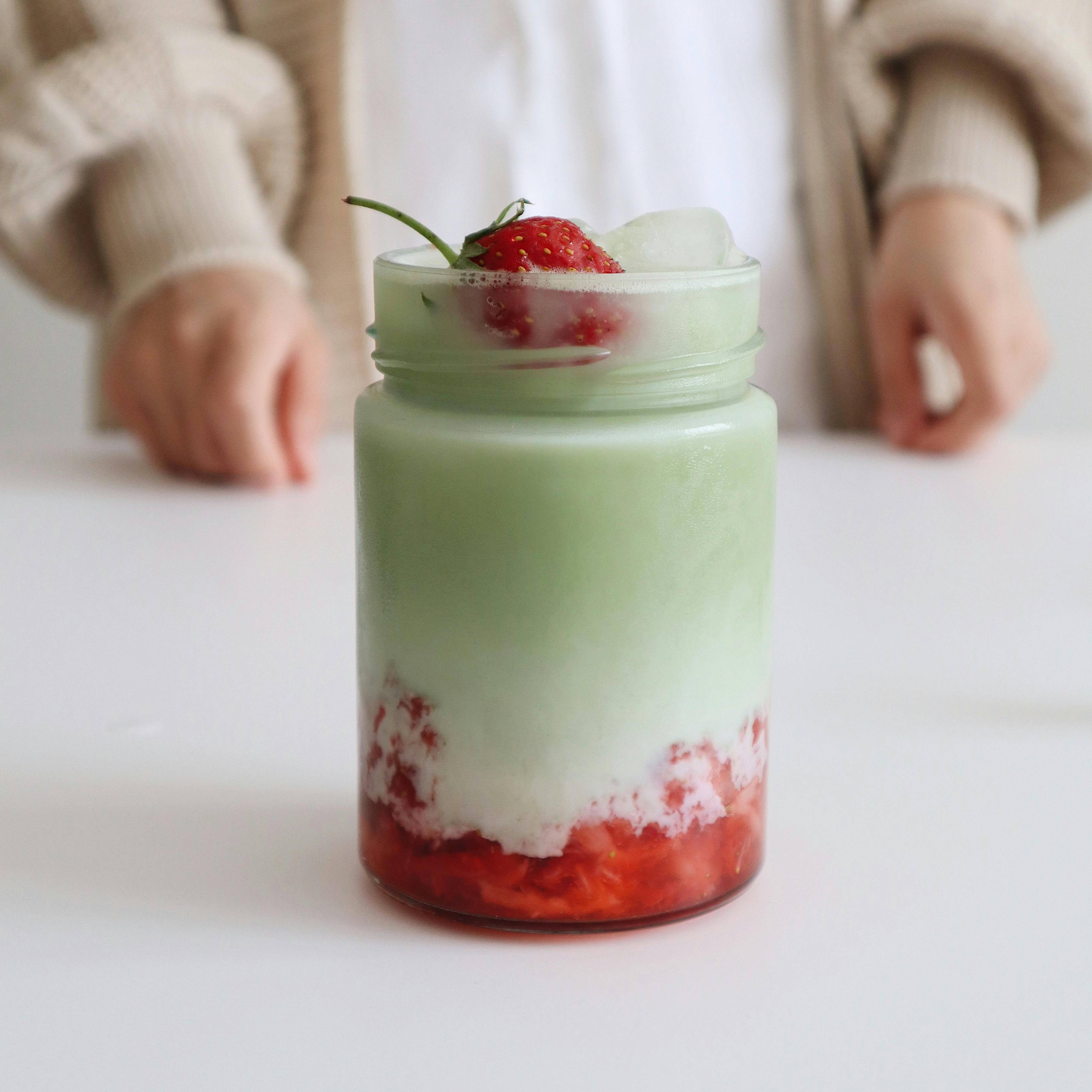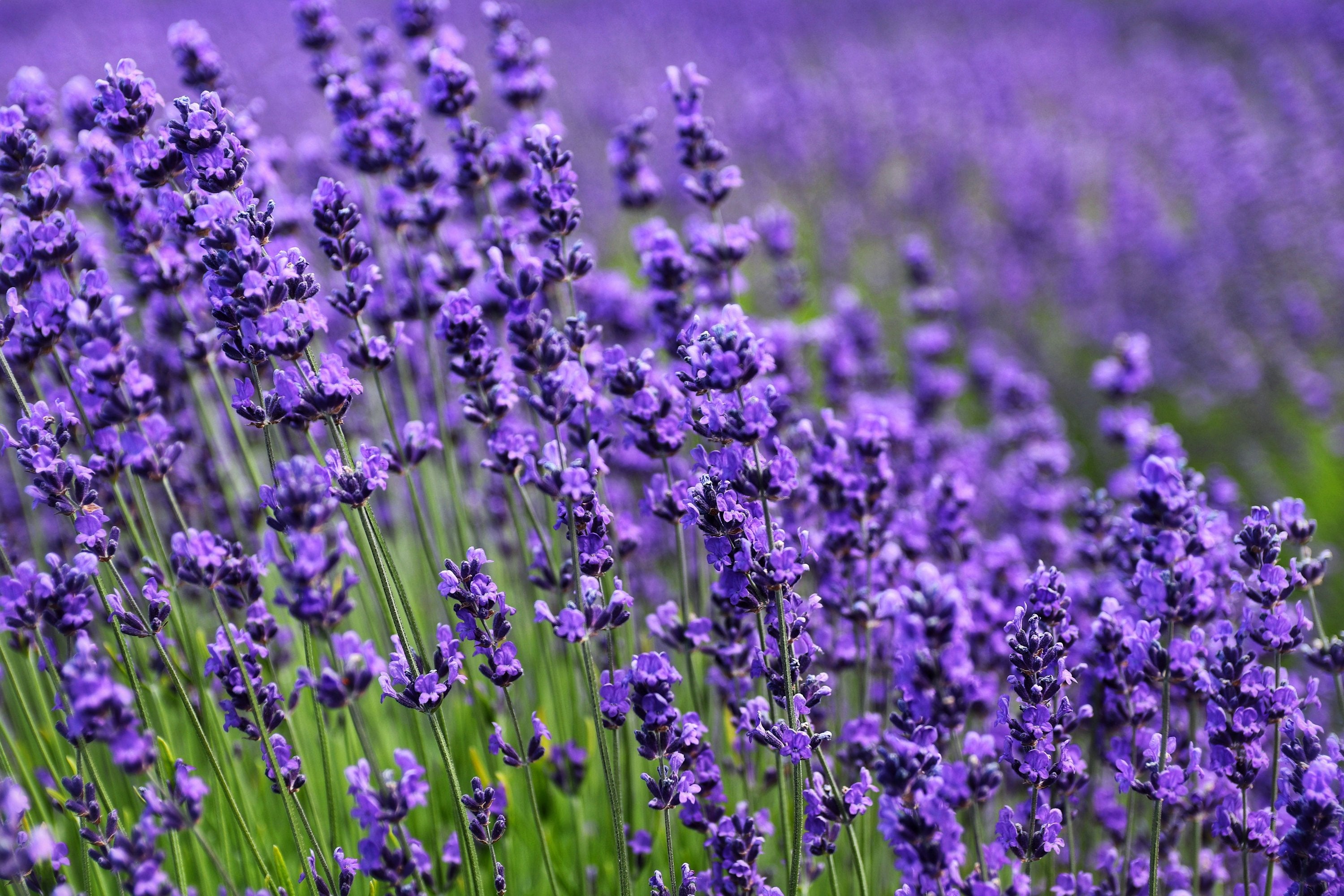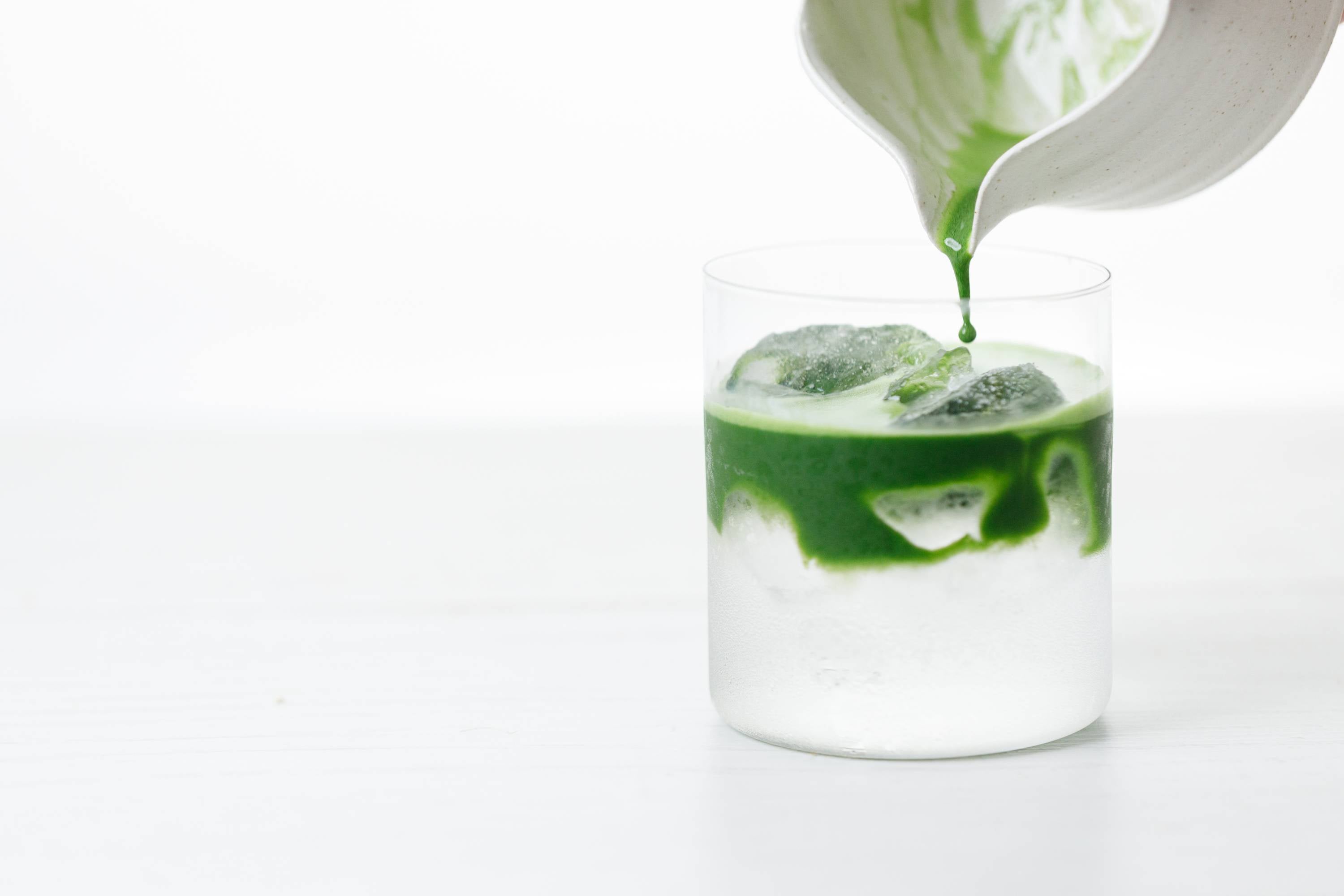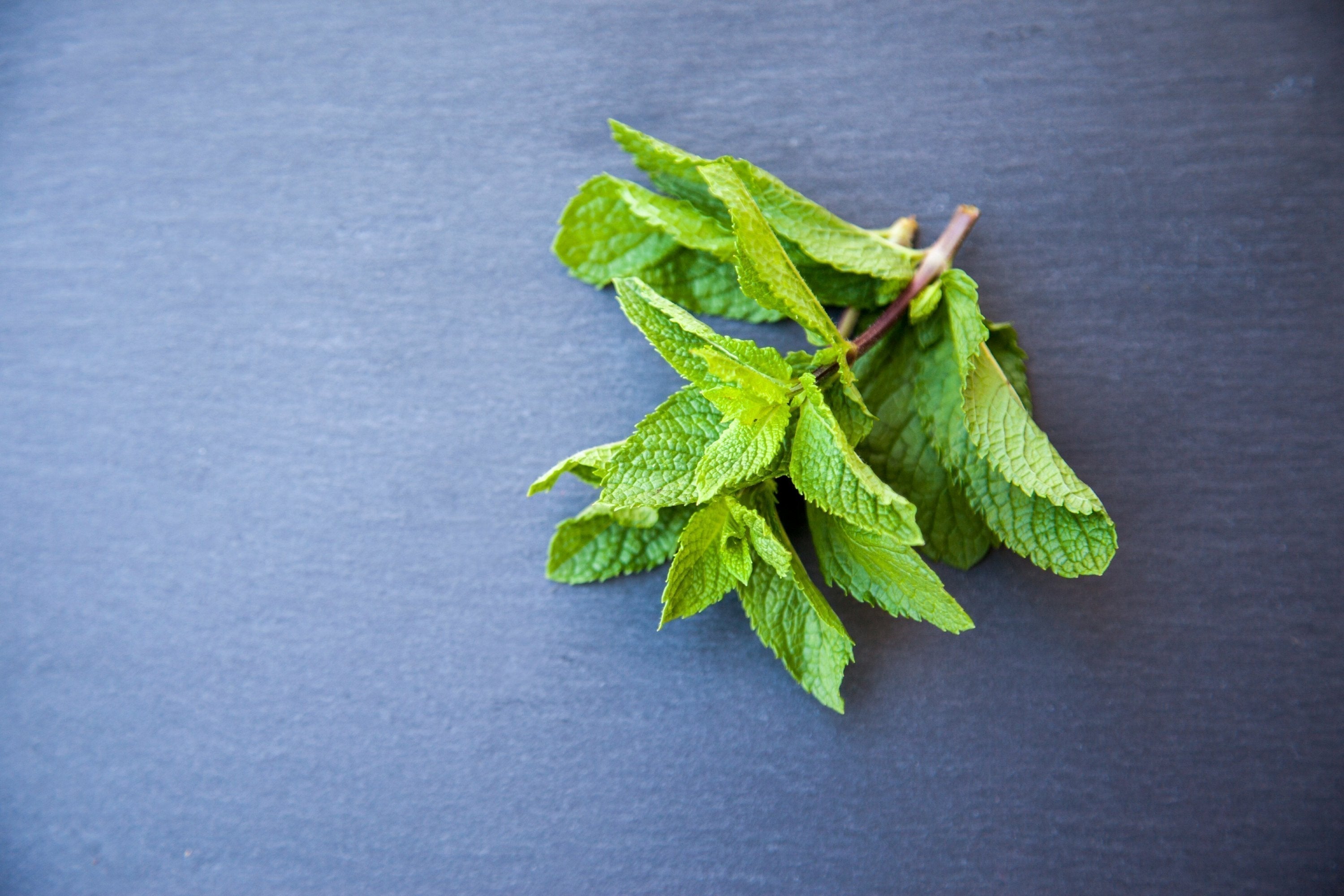Definition: What is a Coconut?
Botanically speaking, despite its name, the coconut is a drupe, not a nut. It grows on the coconut palm and is renowned for its hard, fibrous exterior, which encases a layer of white flesh. Inside the coconut, you'll also find a liquid known as coconut water.
Uses and Description: Beyond Just a Hint of Exotic
Coconut boasts a distinctive flavour profile with a characteristic creamy sweetness, highly valued in many culinary creations. It's commonly used in the form of desiccated coconut, coconut milk, or coconut oil, which are perfect for cooking, baking, and enhancing dishes. In the cosmetics industry, coconut oil is prized for its nourishing qualities. The sturdy coconut shells are widely used in handicrafts. Additionally, durable coconut fibres are often transformed into ropes, mats, and even clothing. An intriguing modern use is their role in the environmental movement: coconut shells are increasingly used as a sustainable alternative to single-use plastic products.
A Historical Journey: The Voyage of the Coconut
The coconut likely originates from the Southeast Asian region and spread across tropical coastlines worldwide via ocean currents. Historical evidence suggests that coastal populations have utilised the coconut for millennia. Through seafaring and trade, the fruit eventually found its way into Western culinary and beverage traditions. Today, the largest producers include Indonesia, the Philippines, and India, from where the coconut is exported globally.
Coconut Curiosities: Did You Know?
Natural Explorer: The coconut is a true marvel of nature. Thanks to its robust shell and ability to float, it can travel thousands of miles across the seas. Thus, it has naturally spread over oceans, reaching distant shores long before humans started exploring the world.
Simple Pleasures: The coconut captivates with its unique flavour profile, which pairs perfectly with fruity and floral teas. Its creamy sweetness nicely complements the subtle bitterness of tea leaves. In tea making, dried coconut flesh, known as desiccated coconut, and coconut milk are primarily used to refine tea blends and impart a special character.
To unlock the full flavour of coconut in tea blends, it's recommended to prepare the tea with gently warmed coconut milk.
With its exotic diversity and multifaceted properties, the coconut is truly a tropical jack-of-all-trades – both in the kitchen and everyday life. It adds a creamy texture to curries, shines in desserts like coconut macaroons, puddings, or ice creams, and brings tropical zest to smoothies and cocktails. As coconut oil, it suits frying, baking, or even as a butter substitute in vegan recipes. Coconut water is a refreshing drink and can be used for cooking rice or quinoa. Desiccated coconut enhances muesli, cakes, energy balls, or can serve as a coating for fish and tofu.
